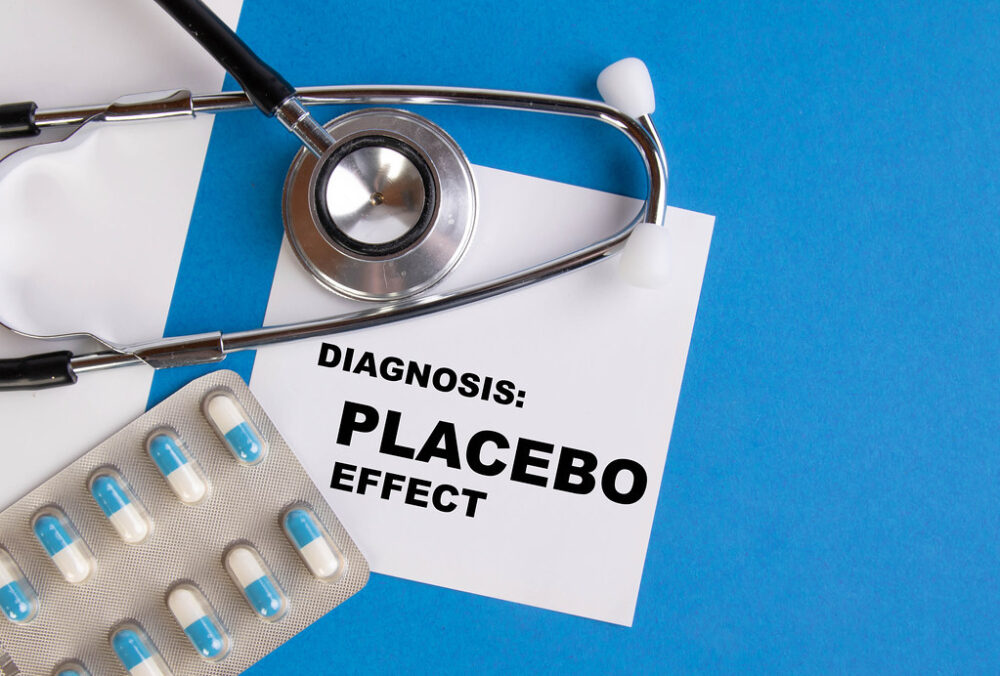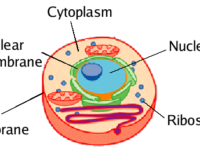The placebo effect is a phenomenon observed in many experiments, most often medical. This peculiar occurrence is when patients are given a control treatment, such as a sugar pill rather than the true medication being tested, yet have considerable positive gains in their condition. In other words, patients’ conditions are improving despite not receiving any real treatment. In this way, a psychological effect stemming from the patient’s mind can have very significant and beneficial physical manifestations.
The placebo effect is a moderating factor in many experimental contexts. In fact, for a medication to get approval for widespread use, it needs to perform better than a placebo in clinical trials and show significant results that are unlikely to be due to chance. The use of a placebo in an experiment helps to reduce the influence of patient expectations on treatment results. Common placebos include sugar pills, saline injections, therapeutic rituals, and sham interventions.
In a single-blind procedure, patients are not told if they are in the experimental or control group, and therefore they are unaware of the nature of the treatment they are given. In double-blind procedures, neither the patient or administrator are aware of the treatment given to participants. However, what about when patients are aware they are taking a placebo? Research has found that even when patients are aware they are receiving a placebo treatment, called an “open-label placebo,” they still experience improvements in their condition on average. Placebos are not capable of everything – they cannot cure cancer or reverse severe physiological conditions, but they can improve certain symptoms such as pain, nausea, fatigue, and mood. In this way, although they can be useful, they are not a replacement for real medication and are ineffective for serious illnesses.
Additionally, there are some ethical concerns with placebo use. Placebos are administered to patients with full informed consent. However, patients are being subjected to a lack of medical treatment – effectively delaying the use of any effective medications until after a study is done, which could potentially lead to a patient’s condition worsening. Ultimately, in order to test the efficacy of new drugs on the market, placebo controls are an unavoidable process, but it is essential to strike a careful balance between conducting ethical research and ensuring the well-being of patients. Placebos must be used when only justified, and studies with placebo control groups must take care to minimize any risks to patients. If halfway through a study, the experimental drug displays overwhelming evidence of its efficacy in comparison to a placebo, it is generally agreed upon that it is the ethical duty of researchers to stop the study and give the control group access to the experimental medication.
The placebo effect boils down to the impact that mindset can have on a treatment plan. By simply thinking that a medication or treatment will improve their condition, a patient can trigger the release of dopamine and endorphins in the brain, which can significantly affect pain systems in the body. Positivity and confidence in the treatment plan is a major psychotherapeutic factor in why the placebo is able to work. Additionally, patient-physician interactions can significantly shape patient attitudes and expectations, further enhancing the placebo effect.
“In the case of open-label placeboes, the simple act of taking a medication can help improve your condition. This is because our minds have been hard-wired to associate medical measures as healing practices.”
In the case of open-label placeboes, the simple act of taking a medication can help improve a patient’s condition. This is because human minds have been hard-wired to associate medical measures as healing practices. This connection can cause one’s brain to react in the same ways as it usually does in the case of medical treatment. For example, if a patient is used to taking a pain-relief medication, such as Tylenol, and experiences lower levels of pain, they might associate this decrease with the medication. If the patient is presented with a sugar pill, and even if they know it is a sham medication, their brain might still associate said pill, reminiscent of Tylenol, with pain relief.
Ultimately, the placebo effect underscores the power of an individual’s mindset in influencing the effectiveness of a treatment plan. The power of our minds can have important effects on easing mood-related symptoms and pain intensity. When we genuinely believe in our potential for improvement, it becomes increasingly likely that we will experience positive changes.






